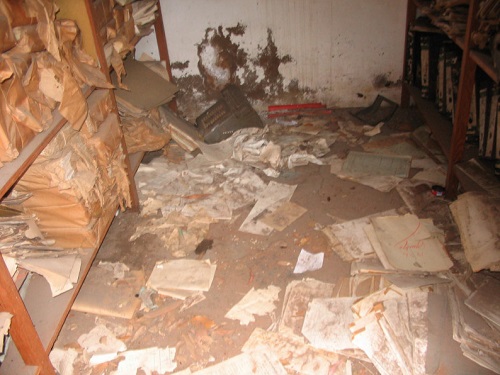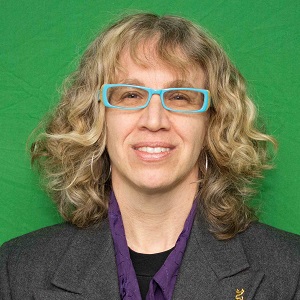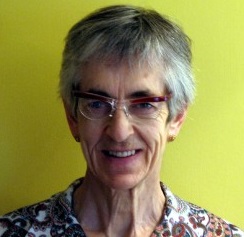Data at Risk
The “Data At Risk” Task Group is concerned with the plight of many sets of scientific data which are not in modern electronic formats and whose information is therefore not accessible to the research that needs it. Those “heritage” data contain observations or measurements of terrestrial, geological, biological or astronomical objects, systems or properties as seen sufficiently long ago that they can contribute critically to studies of how things have changed in the interim. Most of those data are in analogue forms (paper, books, pro-formas, photographic plates or films), though we include important sets that date from early magnetic-tape recordings if they have unrecognized formats and lack metadata.

Science stands to benefit significantly whenever those older sets of measurements can be transformed to electronic formats, as numerous results illustrate, though mostly those transformations are the work of inspired individuals and rarely the concerted efforts of whole scientific domains. Unfortunately, analogue media are perishable and many samples are already fragile; furthermore, data that cannot be accessed are assumed to be “unwanted” and risk getting thrown away.
Objectives
The core objective of DAR-TG is to raise awareness of the high scientific potential of all heritage data that pertain to the properties of the natural world, and thus add quantitatively to our knowledge of its natural and induced changes. DAR-TG is tackling that objective through education, through advertisement and through promulgating examples (success stories). Its goals are (a) to create a forum for all relevant Data Rescue efforts, where they can collaborate rather than compete, share best practice and reduce duplication, and (b) to represent this aspect of scientific data on the world scene where it can command the ear of policy-makers and funders.
The rationale and scope of the data-at-risk effort, illustrated by summaries of selected results, are explained in a special issue of the Journal of Geophysical Research dedicated to Data Rescue, where it features as the Introductory article: “When Are Old Data New Data?”, R.E.M. Griffin and the CODATA Task Group (Data At Risk), 2015, GeoResJ.
Deliverables
- Articles in appropriate journals, domain-specific or general such as “Data Science Journal”, Conference proceedings as and when they happen, magazines like “Physics Today”, “Science” (in different forms per country) or newspapers.
- A White Paper or reference booklet on “Guidelines for Data Rescue”. First expounding the need, then rehearsing specifics, for rescuing and preserving the information in analogue data of all kinds, and in primitive but barely readable digital materials.
- Building a comprehensive list, with a synopsis or links on the Web page of data rescue project known to us. Visitors will help us add to it.
Forthcoming Activities
Planned conference sessions
“PV2015” (Germany, 2015 November), intending a session on Data Rescue. The theme of Data Rescue has now become established in this series after DAR-TG pushed for it.
“AstroPlate16” (Prague, March 2016), session on astronomical data at risk. A Workshop within a university Department or iSchool, to focus on the links and connections needed between managing science research data and archival skills. Was to have been in Toronto, but the proposer cancelled.
The Rescue of Data At Risk: An RDA / CODATA Workshop (Boulder, Colorado, September 2016). A workshop on The Rescue of Data At Risk will be held in Boulder, Colorado, on 8–9 September 2016, in association with International Data Week that is taking place the following week in nearby Denver. More
An international Workshop (South Africa) to launch a global Federation for Data Rescue, though may not be until 2017. Plans to invigorate this must be laid through visits, discussions and telecons.
Leading data-rescue sessions at the next CODATA Conference (September 2016).
For recent and past achievements see our page here…
Main contacts
Core Members:
| Elizabeth Griffin (Chair, Canada)
|
Professional Details: National Research Council CanadaContact Details: elizabeth.griffin (at) nrc-cnc.gc.ca |
Jane Greenberg (Vice-Chair, USA)  |
Director of CCI’s Metadata Research Center (Drexel University)
Professional Details: Drexel University Contact Details: janeg (at) drexel.edu |
William Anderson (Web master, USA)  |
Adjunct Professor at University of Texas at Austin
Professional Details: ORCID; ResearchGate; Google Scholar; GitHub; Twitter; Tumblr Contact Details: band (at) praxis201.com |
| Rosemarie Leone (Italy/Germany) | Engineer at the European Space Agency (ESA)
Contact Details: rosemarie.leone (at) esa.int |
| Chris Muller (USA)
|
chris.muller (at) mullermedia.com |
| Fraser Taylor (Canada)
|
Distinguished Research Professor and Director of the Geomatics and Cartographic Research Centre at Carleton University
Professional Details : Carleton University; LinkedIn Contact Details: fraser.taylor (at) carleton.ca |
Executive Committee Liaison
Prof. Niv AHITUV (Israel)
Vice-President 2014-2018
E-mail: ahituv (at) post.tau.ac.il
Activities
Planned conference sessions
RDA #5 (San Diego, 2014 March). Discussions with Special Interest group and with Elsevier Data Rescue Award Team (it includes E.G.)
Our Common Future under Climate Change (Paris, 2015 July): paper proposed; possible participation by Drexel or UNC student, or Berlin Bodiversity Museum.
“PV2015” (Germany, 2015 November), intending a session on Data Rescue. The theme of Data Rescue has now become established in this series after DAR-TG pushed for it.
“AstroPlate16” (Prague, March 2016), session on astronomical data at risk. A Workshop within a university Department or iSchool, to focus on the links and connections needed between managing science research data and archival skills. Was to have been in Toronto, but the proposer cancelled.
An international Workshop (South Africa) to launch a global Federation for Data Rescue, though may not be until 2017. Plans to invigorate this must be laid through visits, discussions and telecons.
Leading data-rescue sessions at the next CODATA Conference (September 2016).



